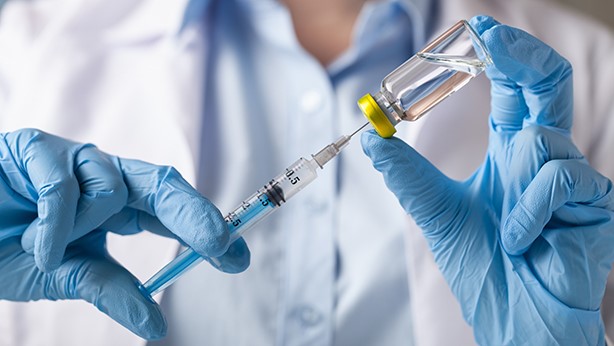Rutgers engineers are using 4D printing to create an alternative to painful hypodermic needles used to give shots, inject drugs and draw blood samples. To read the full story.
Recent Posts
- To Heal Skin, Scientists Invent Living Bioelectronics.
- Register for Children’s Specialized Hospital Distinguished Lecture on 8/14
- Researchers Shed Light on Cause of ‘Happy Hypoxia’ in COVID-19 Patients.
- Upending Conventional Wisdom, Cannabis Use Doesn’t Hinder PTSD Therapy.
- Many Firearm Owners Can’t Recognize When a Cable Lock Is Properly Installed.
Categories
- Community (1,944)
- Covid (971)
- CTO Events (1)
- News (2,488)
- Pilots (20)

